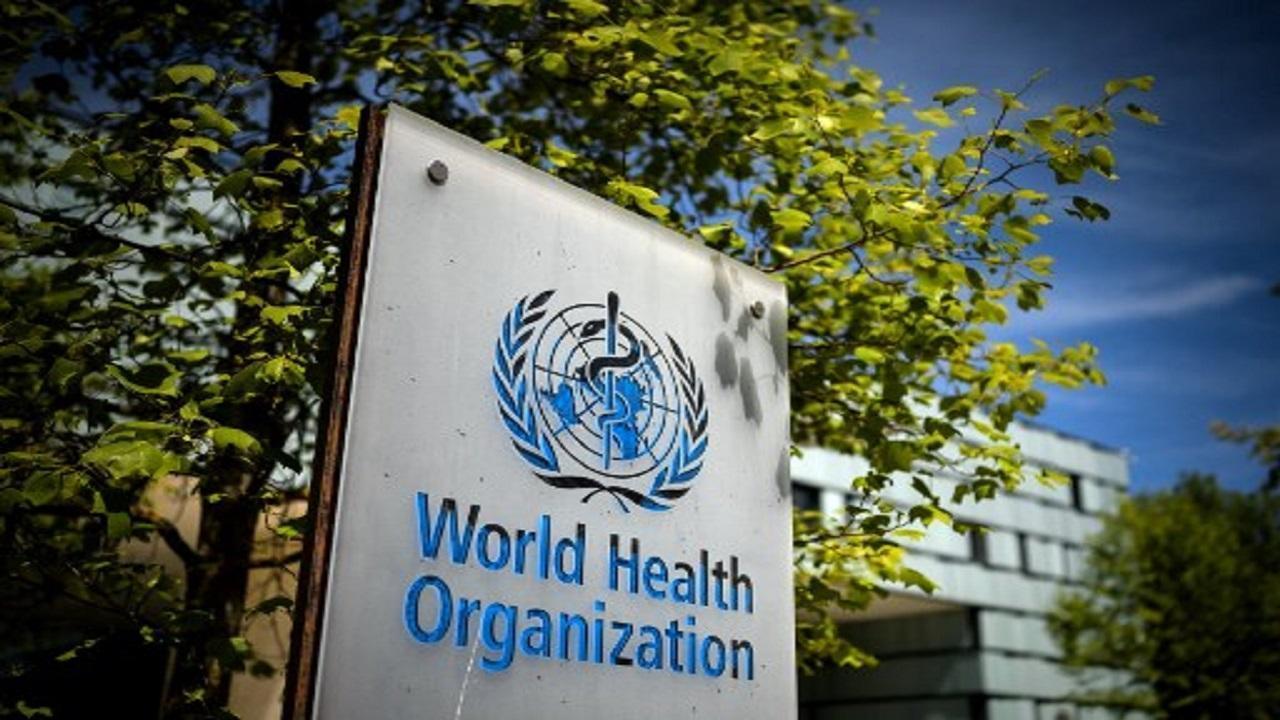Preliminary estimates suggest the total number of global 'excess deaths' directly and indirectly attributable to Covid-19 in 2020 amount to at least 3 million, 1.2 million higher than the official figures reported by countries to the World Health Organization.

Photo for representational purpose
At least 3 million people are estimated to have died from the Covid-19 pandemic globally in 2020, about 2 times higher than the 1.8 million official fatality figure reported by countries to the WHO, a “significant undercount” of total deaths directly and indirectly attributed to the coronavirus, the global health agency said on Friday.
ADVERTISEMENT
The WHO, in its World Health Statistics report, said that as of December 31, 2020, Covid-19 had infected over 82 million people and killed more than 1.8 million worldwide.
But preliminary estimates suggest the total number of global “excess deaths” directly and indirectly attributable to Covid-19 in 2020 amount to at least 3 million, 1.2 million higher than the official figures reported by countries to the World Health Organization.
Also Read: 93-year-old ‘first Indian woman’ to donate her body for Covid-19 research
“With the latest Covid-19 deaths reported to WHO now exceeding 3.3 million, based on the estimates produced for 2020, we are likely facing a significant undercount of total deaths directly and indirectly attributed to Covid-19,” WHO said in the report.
It said the term “excess deaths” describes deaths beyond what would have been expected under “normal” conditions.
“Excess deaths” captures not only confirmed deaths, but also Covid-19 deaths that were not correctly diagnosed and reported as well as deaths attributable to the overall crisis conditions.
WHO said these estimates provide a more comprehensive and accurate measure when compared with confirmed Covid-19 deaths alone.
“All countries must have the necessary capacity and resources to accurately collect and use health data even in the midst of an ongoing crisis,” WHO Director-General Dr Tedros Adhanom Ghebreyesus said.
“The Covid-19 pandemic has shown the importance of data and science to build back more resilient health systems and equitably accelerate towards our shared global goals,” he said.
The report noted that some countries only report Covid-19 deaths occurring in hospitals or the deaths of people who have tested positive for Covid-19. In addition, many countries cannot accurately measure or report cause of death due to inadequate or under-resourced health information systems.
“The pandemic has likely increased deaths from other causes due to disruption to health service delivery and routine immunisations, fewer people seeking care, and shortages of funding for non-Covid-19 services,” it said.
The report highlighted that the pandemic has revealed significant gaps in country health information systems. While high-resource settings have faced challenges related to overstretched capacity and fragmentation, weaker health systems risk jeopardising hard-won health and development gains made in recent decades.
The report also noted that Covid-19 has exposed persistent inequalities by income, age, race, sex and geographic location. Despite recent global health gains, across the world people continue to face complex, interconnected threats to their health and well-being rooted in social, economic, political and environmental determinants of health, it said.
Further, data from the Covid-19 World Symptoms survey shows a decline in preventive behaviours such as physical distancing, mask wearing and hand washing as household overcrowding increases.
“Among people living in uncrowded households, 79 per cent reported trying to physically distance themselves compared with 71 per cent in moderately overcrowded and 65 per cent in extremely overcrowded households. Similar trends were observed for hand washing and mask-wearing, underscoring vulnerabilities due to socioeconomic status.”
WHO underscored the importance of investing in strong health information systems, saying it is vital to ensure disaggregated data reaches decision-makers and achieve equitable health outcomes.
“With stronger, more equitable health information systems we can more accurately measure progress towards the health-related Sustainable Development Goals and WHO's Triple Billion targets,” the agency said.
“We are now less than nine years away from 2030,” says Dr Samira Asma, Assistant Director-General for the Division of Data, Analytics and Delivery for Impact at WHO.
“We know where the gaps are, and we have the solutions to address them. What we need now is commitment and investment to accelerate progress and reach our goals,” Asma said.
According to Johns Hopkins University Covid-19 tracker, more than 165,633,000 confirmed cases have been reported globally while over 3,432,000 deaths have occurred.
This story has been sourced from a third party syndicated feed, agencies. Mid-day accepts no responsibility or liability for its dependability, trustworthiness, reliability and data of the text. Mid-day management/mid-day.com reserves the sole right to alter, delete or remove (without notice) the content in its absolute discretion for any reason whatsoever.
 Subscribe today by clicking the link and stay updated with the latest news!" Click here!
Subscribe today by clicking the link and stay updated with the latest news!" Click here!






